Product Description


Bamana Jonyeleni / Do´Njelini Figure – Mali
This sculpture originates from the Dogon and is identified as being a ‘Jonyeleni / Do´Njelini’, a member of the Jo society, a woman’s and men’s initiation society among the Bamana. Carved from hardwood in the strict, clear, angular and angular abstracted ‘bombou-toro-style’ and originally probably black-brown.
Made of 100% wood.
Model is W 68 – H 20 and weight 2.9 kg.
Description
This sculpture originates from the Dogon and is identified as being a ‘Jonyeleni / Do´Njelini’, a member of the Jo society, a woman’s and men’s initiation society among the Bamana. Carved from hardwood in the strict, clear, angular and angular abstracted ‘bombou-toro-style’ and originally probably black-brown. Young women will carry sculptures such as this from village to village indicating that they are no longer children but mature women ready and available for marriage. This takes place on a seven-year cycle of initiation of boys and girls into this level of Jo Society membership. The sculptures carried by the young women serve as paradigms of beauty and well-being reflecting the physical attributes of ideal beauty that the Jonyeleni
Young women will carry sculptures such as this from village to village indicating that they are no longer children but mature women ready and available for marriage. This takes place on a seven-year cycle of initiation of boys and girls into this level of Jo Society membership. The sculptures carried by the young women serve as paradigms of beauty and well-being reflecting the physical attributes of ideal beauty that the Jonyeleni reflects to others. This idealization of beauty is reflected in the scarification and body markings as well as her stylized coiffure and the jewelry and clothing attached to the figure to enhance their attractiveness. This well-carved figure also characterizes the essence of womanhood and of social cohesion that results from the order and structure of the Jo woman’s society. The Jonyeleni figure represents the aesthetic ideal of youthful beauty allied to the characterization of an ideal society of order and structure.’
The Bambara numbering 2,500.000 million form the largest ethnic group within Mali. The triangle of the Bambara region, divided into two parts by the Niger River, constitutes the greater part of the western and southern Mali of today. The Bamana are members of the Mande culture, a large and powerful group of peoples in western Africa. Kaarta and Segou are Bamana city-states, which were established in the 17th century and continued to have political influence throughout the western Sudan states into the 19th century. At this time religious wars broke out throughout the region, setting Islamized societies against those who preferred to embrace traditional Bamana views.
Additional information
| Weight | 2.9 kg |
|---|---|
| Dimensions | 20 × 68 cm |
Leave a reply Cancel reply
Returns and Exchanges
There are a few important things to keep in mind when returning a product you purchased.You can return unwanted items by post within 7 working days of receipt of your goods.
- You have 14 calendar days to return an item from the date you received it.
- Only items that have been purchased directly from Us.
- Please ensure that the item you are returning is repackaged with all elements.
Ship your item back to Us
Firstly Print and return this Returns Form to:
30 South Park Avenue, San Francisco, CA 94108, USA
Please remember to ensure that the item you are returning is repackaged with all elements.
For more information, view our full Returns and Exchanges information.


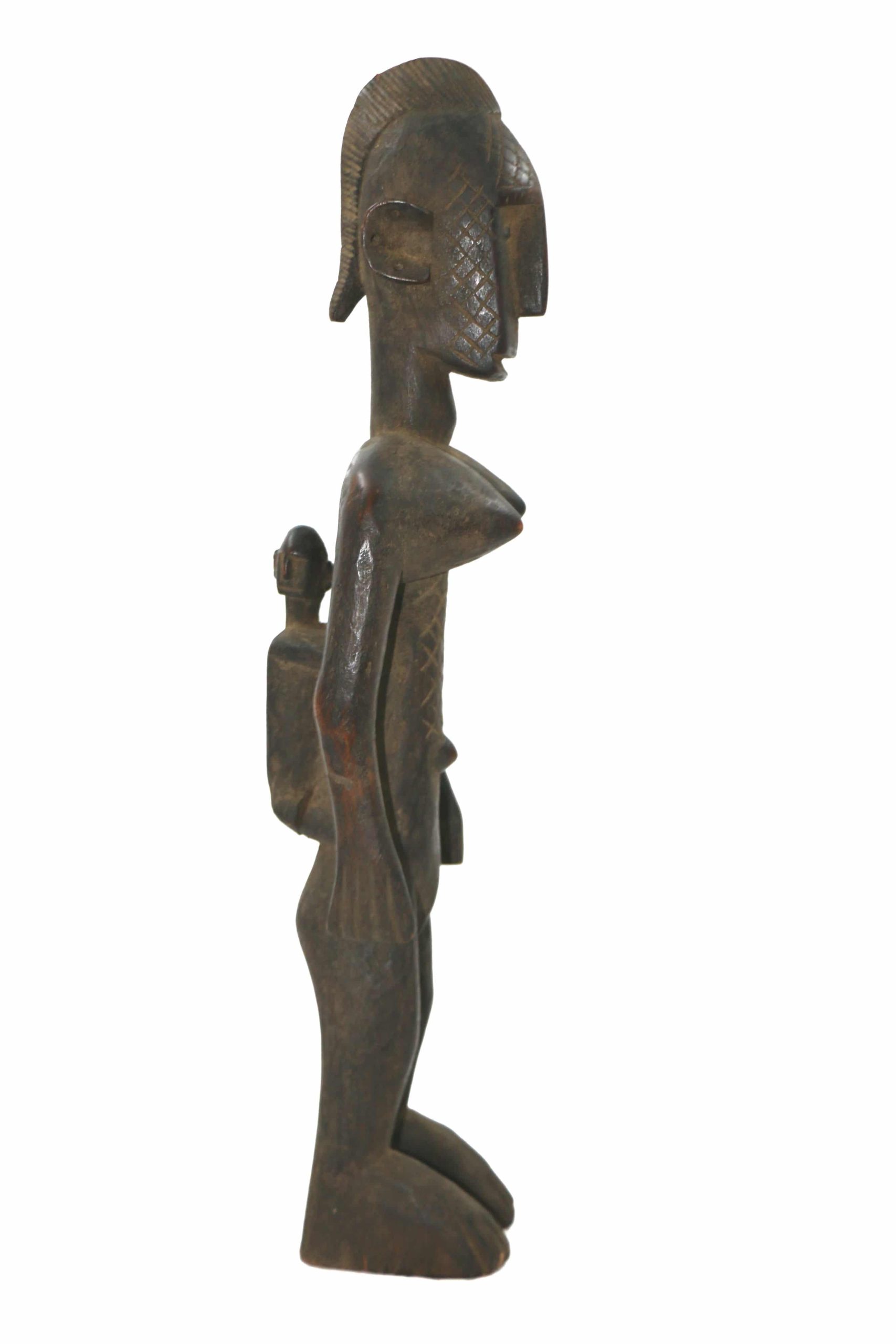
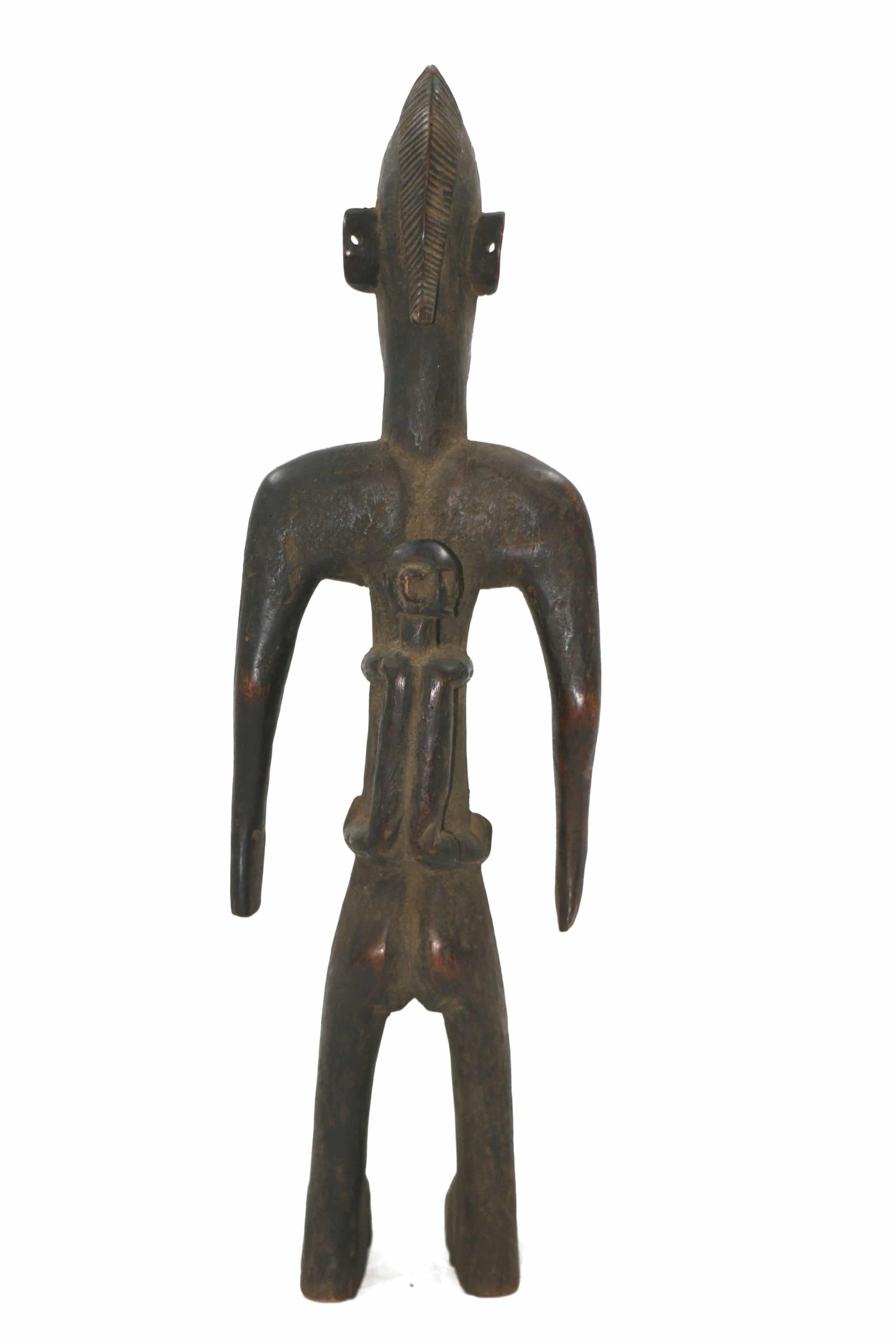
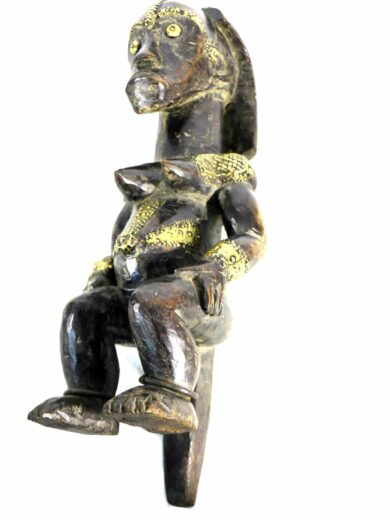
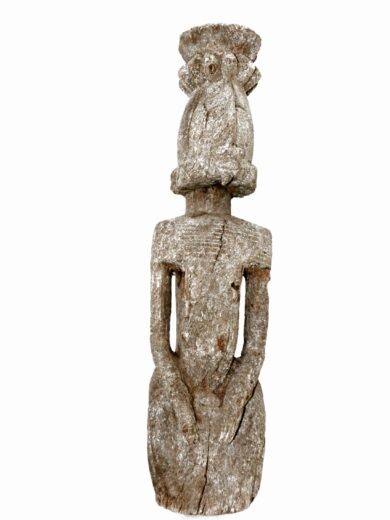
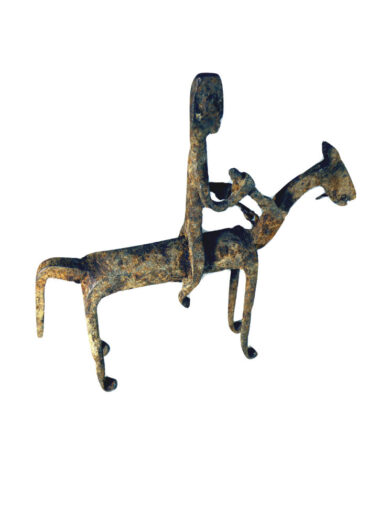
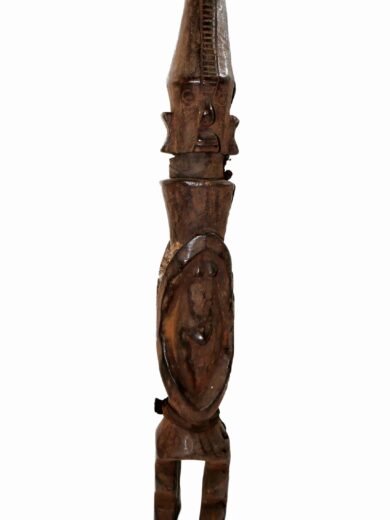
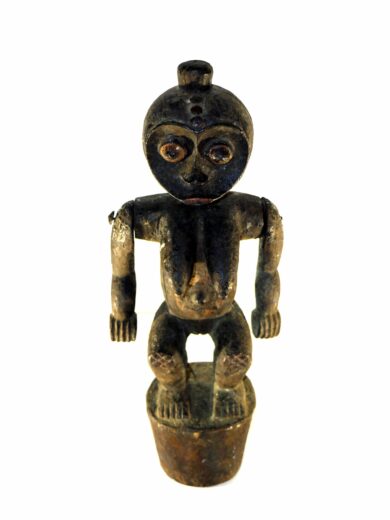
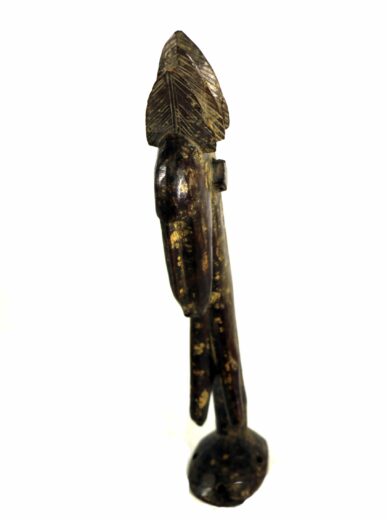
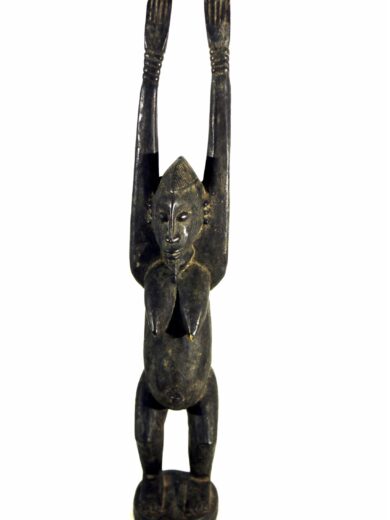
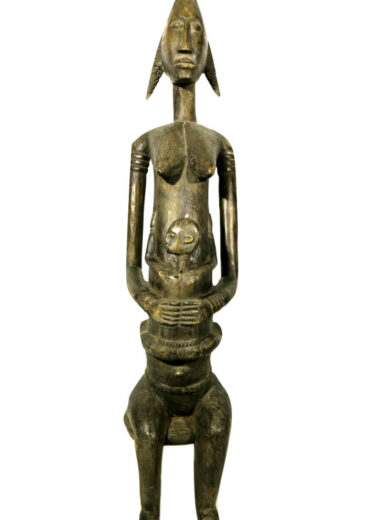
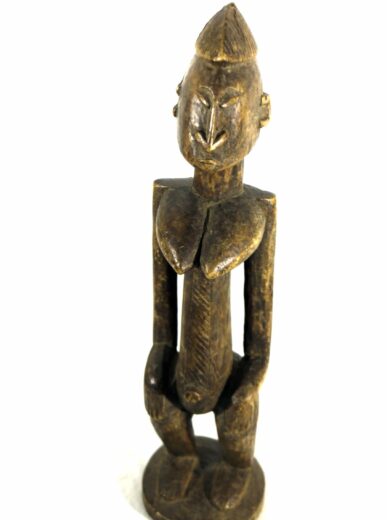
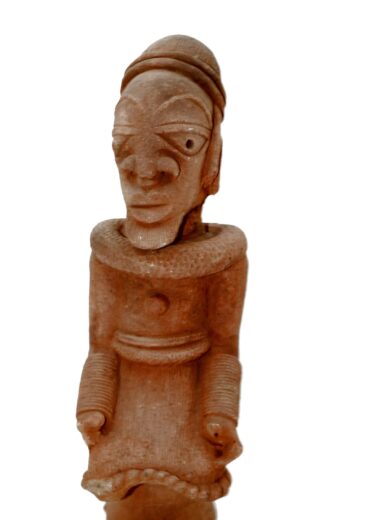
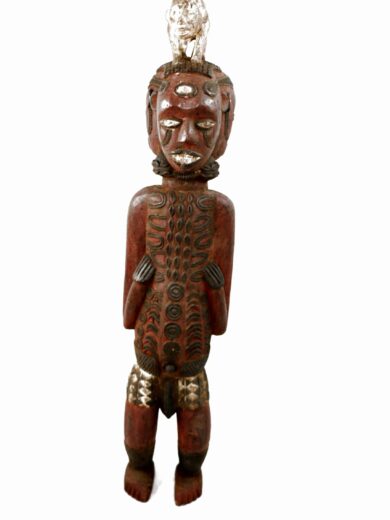
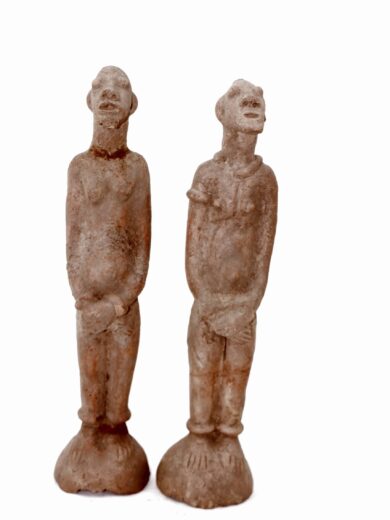
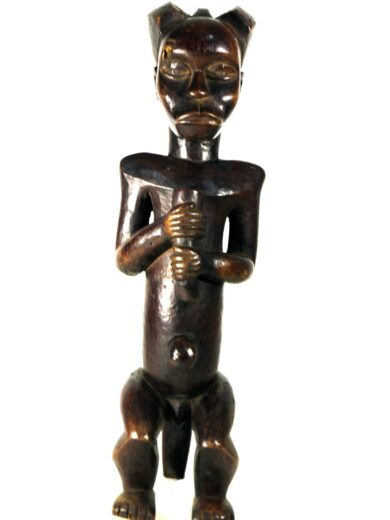
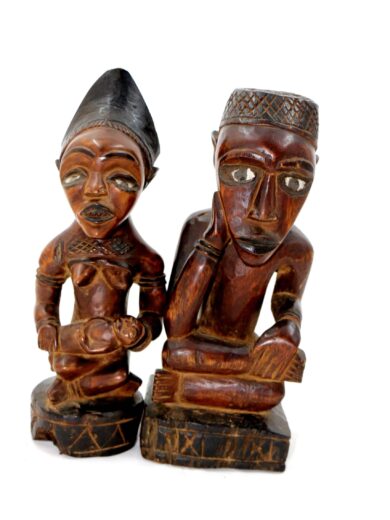
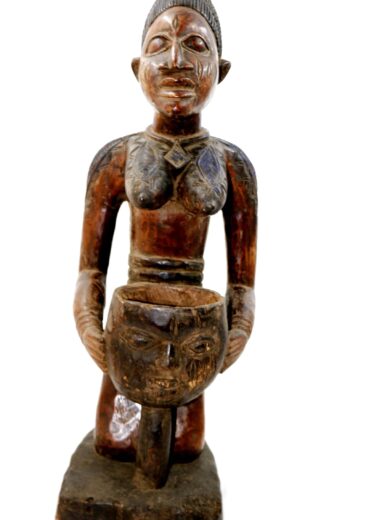
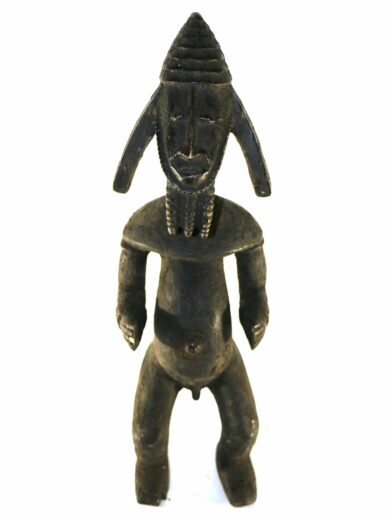
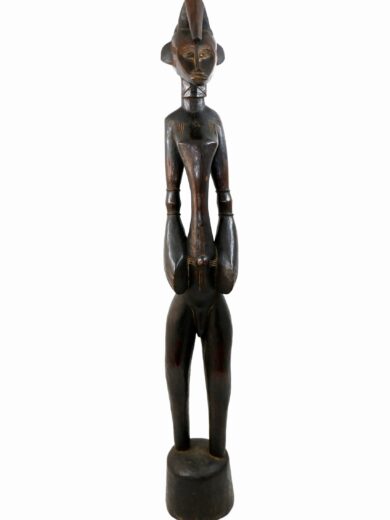
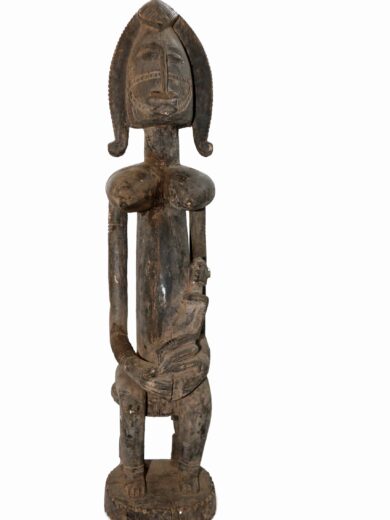
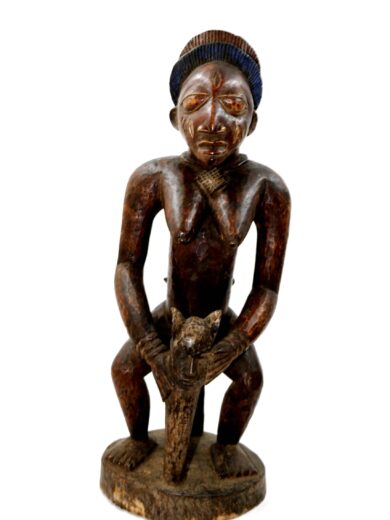
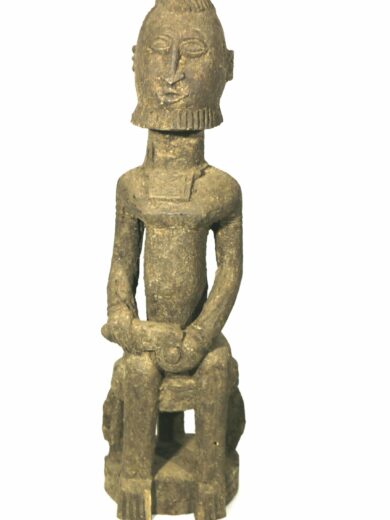
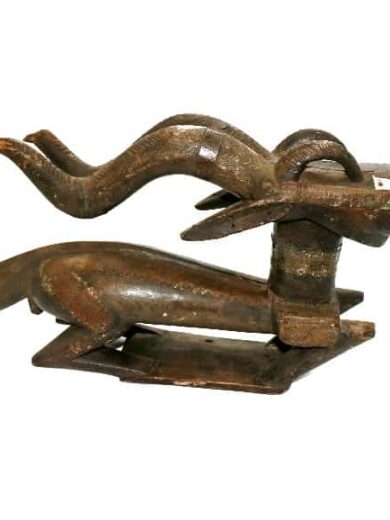
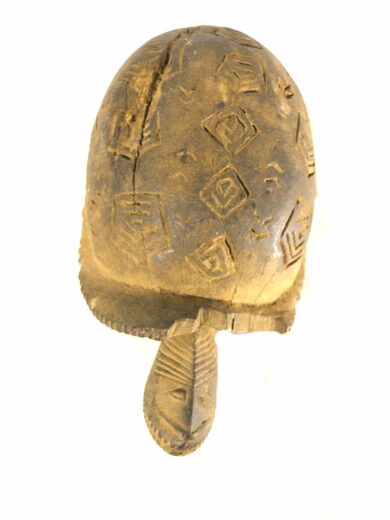
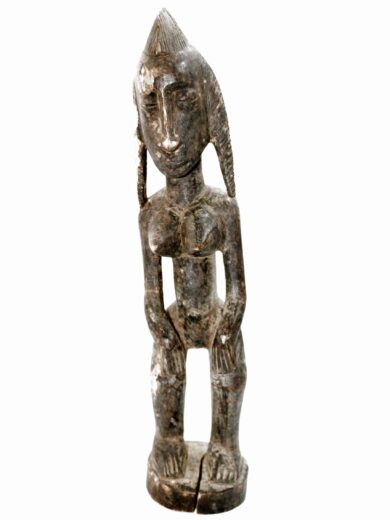
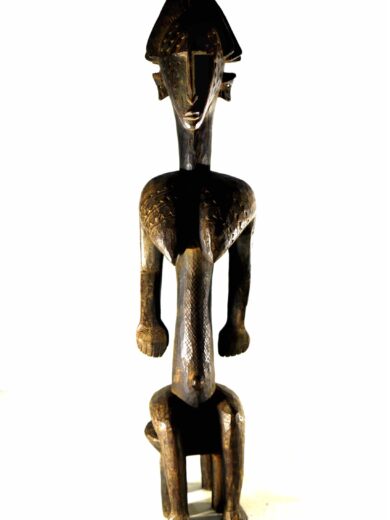
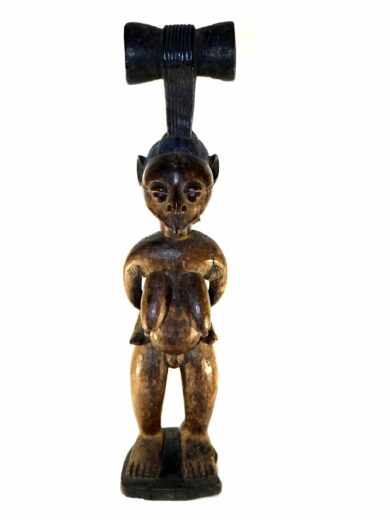
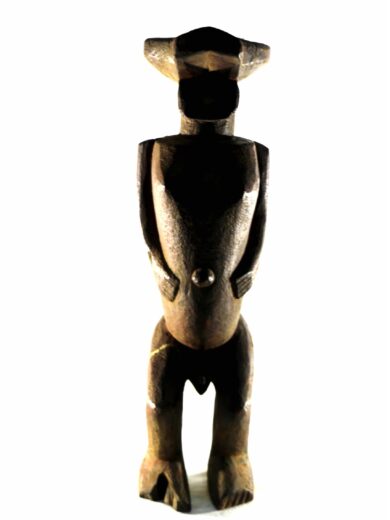
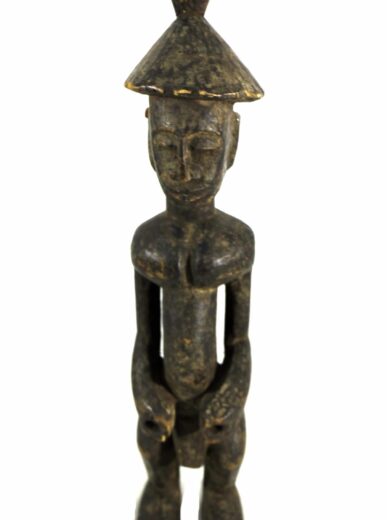
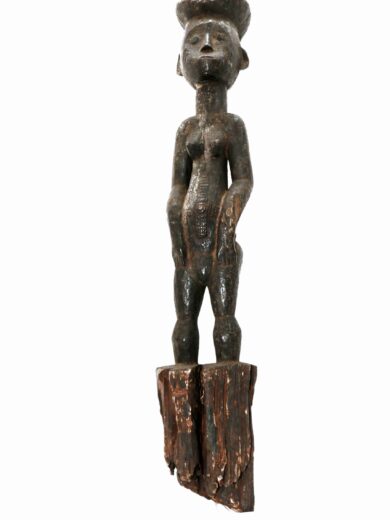
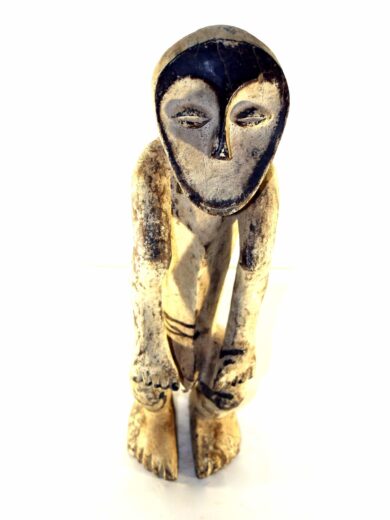
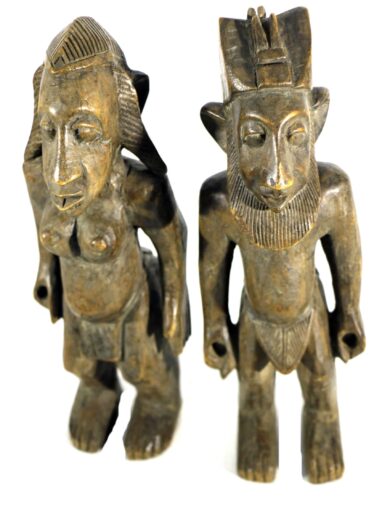
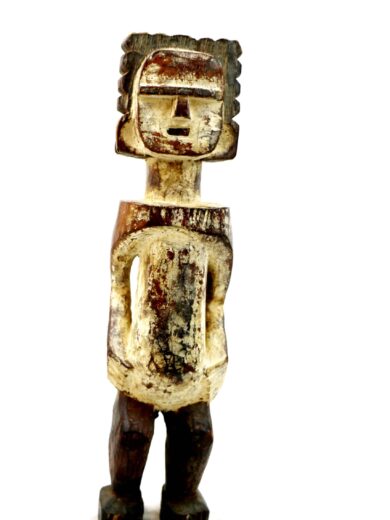
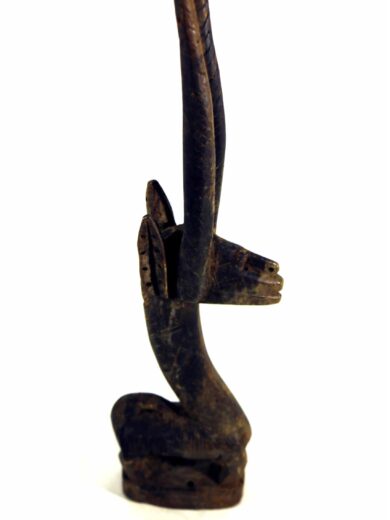
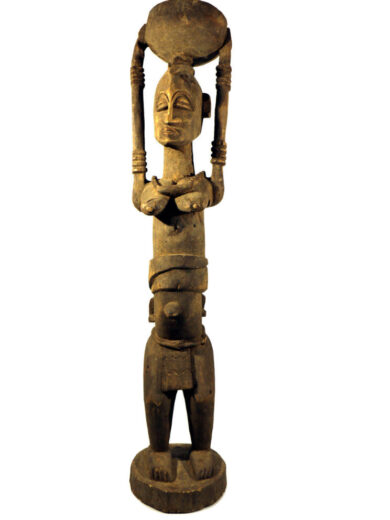
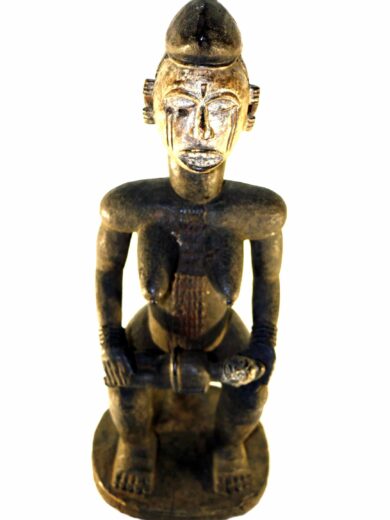
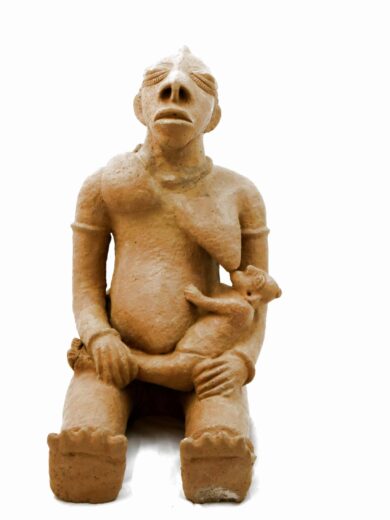
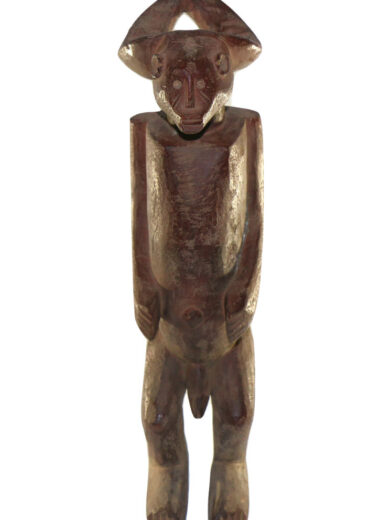
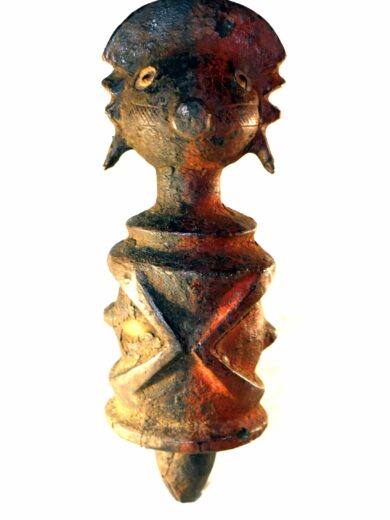
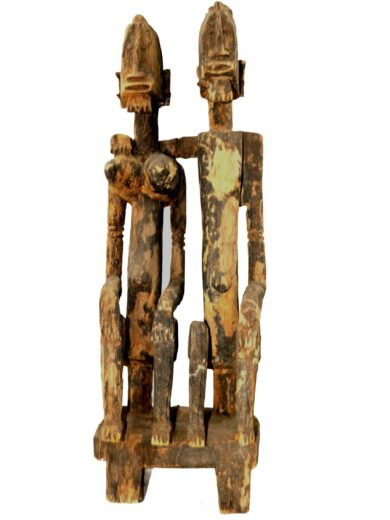
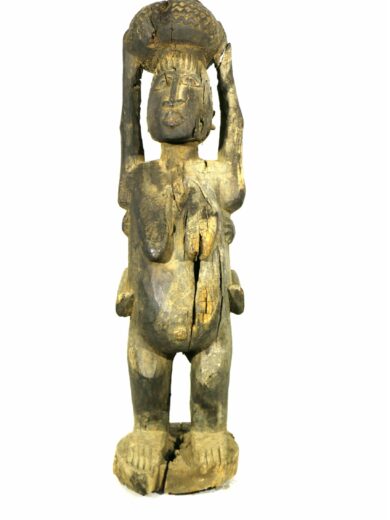
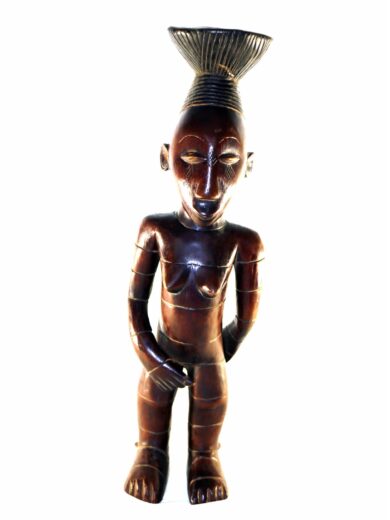
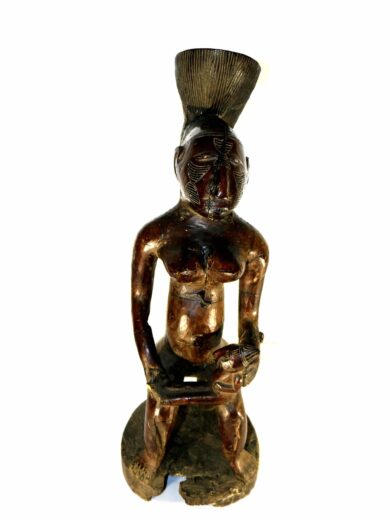
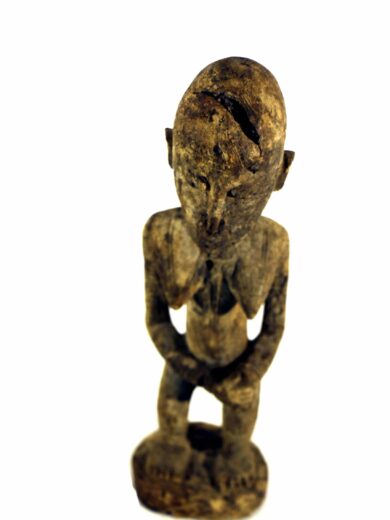
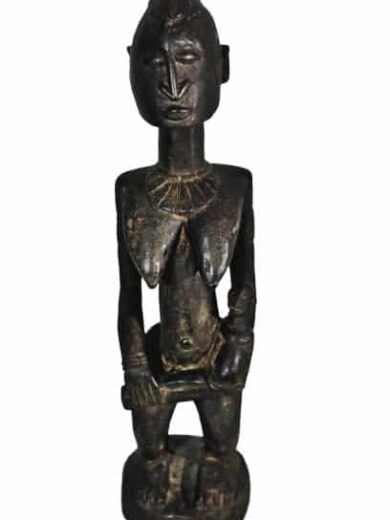
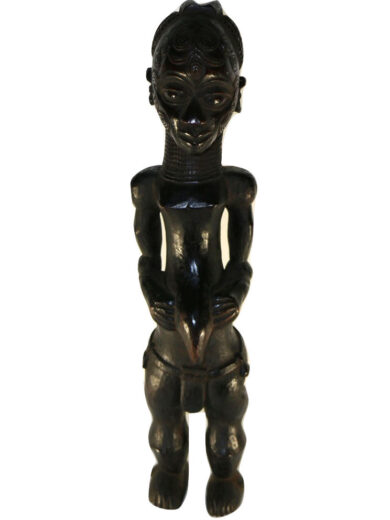
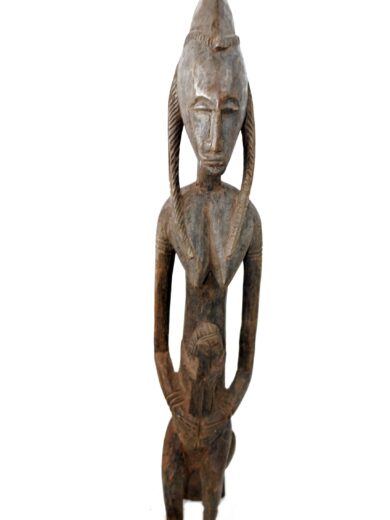
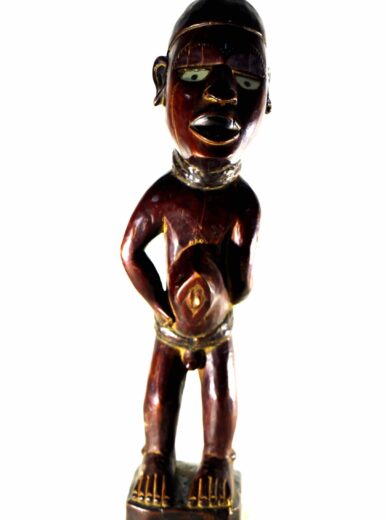
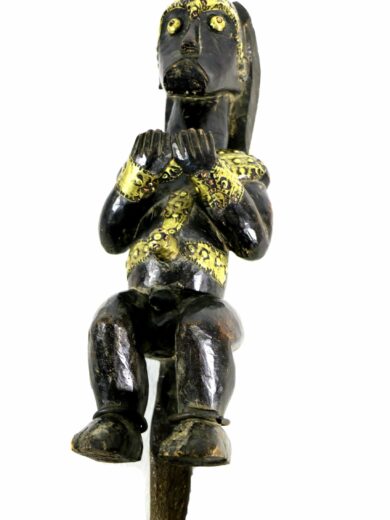
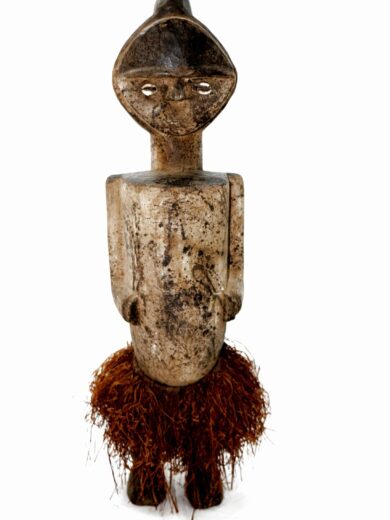
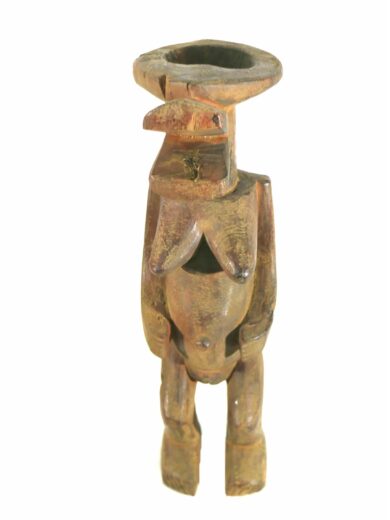
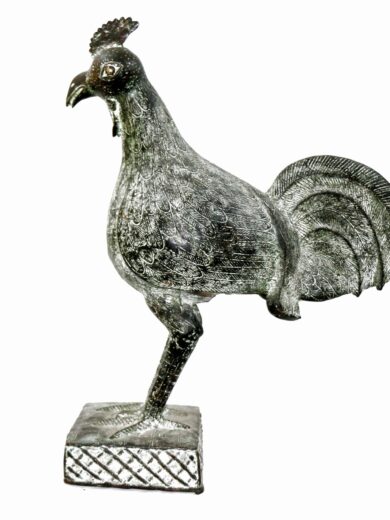

Reviews
There are no reviews yet.